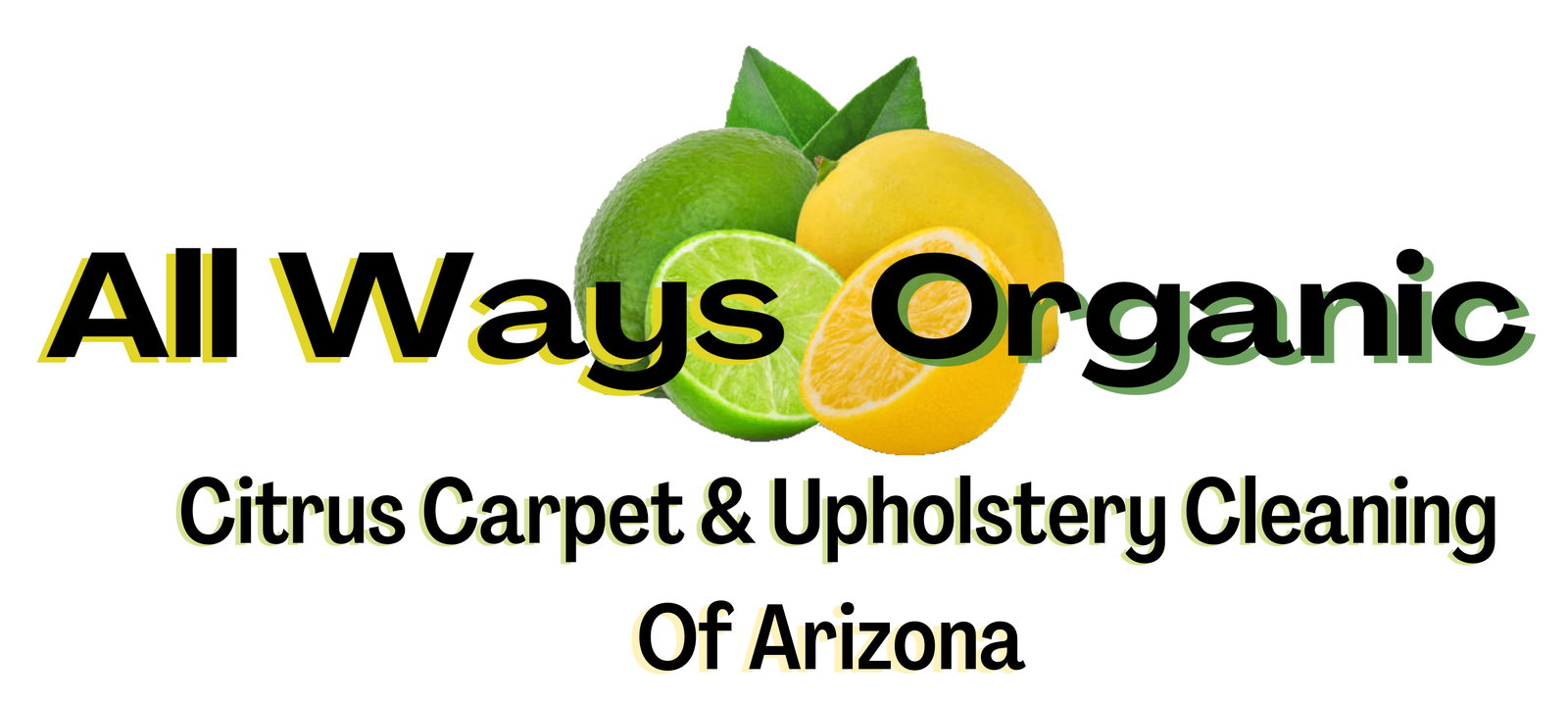In an ever-evolving world where the pace of life often feels relentless, our attention to what we consume has become increasingly selective. People are rapidly turning to organic foods in pursuit of a healthier lifestyle. The concept of “From Farm to Table” has surged in popularity as we become more curious about the journey our food takes from its origin to our plates. In this article, we will delve into the multifaceted aspects of the organic food supply chain, exploring its impact on our well-being.
The Organic Revolution
The mass embracing of organic foods isn’t just a fleeting trend; it’s a revolution sweeping across the globe. An increasing number of individuals are recognizing the advantages of consuming food that is free from synthetic pesticides, genetically modified organisms (GMOs), and growth hormones. Organic farming practices are deeply rooted in sustainable and eco-friendly techniques that prioritize the welfare of both consumers and the environment. This shift in consumer preference has led to a transformation in the way food is produced and distributed.
Cultivating Health: The Farming Phase
The journey of organic food commences at the farm, where nature and science harmonize to produce nourishing crops. Organic farmers adhere to stringent guidelines that ensure the integrity and quality of their produce. These guidelines encompass abstaining from the use of synthetic chemicals, selecting non-GMO seeds, and focusing on soil health through sustainable practices such as crop rotation and composting. These principles result in crops that are not only safer for consumption but also brimming with nutrients.
Organic farmers often consist of small-scale, family-owned operations that prioritize ethical and sustainable practices. This level of dedication and attention to detail not only yields healthier crops but also contributes to the overall sustainability of the environment.
Transparency in Distribution
Understanding the organic food supply chain involves acknowledging the distribution phase. Unlike the opaqueness that often shrouds conventional food supply chains, organic supply chains tend to prioritize transparency. Organic food is frequently sourced locally, thus supporting small and medium-sized farms.
Local sourcing has its advantages, offering consumers fresher produce with a smaller environmental footprint. Opting for organic isn’t just about choosing healthier food; it’s also about supporting local communities and ecosystems.
Retail Phase: A Choice for Your Well-being
Once organic produce reaches the retail phase, consumers are presented with an array of options. Organic food is not confined to fresh produce; it extends to dairy, meat, packaged goods, and even cleaning products. Speaking of which, in your own kitchen, it’s essential to extend the principles of organic living to this area as well.
Organic kitchen floor cleaning is an integral part of maintaining an organic lifestyle. Conventional cleaning products often contain harsh chemicals that can leave residues on your kitchen floor. Over time, these residues can come into contact with your food, potentially compromising the organic integrity of your diet. To maintain a truly organic kitchen, it’s crucial to use natural, non-toxic cleaning products that align with the principles of sustainability and health.
A Holistic Approach to Organic Living
Maintaining an organic kitchen extends beyond the food you consume. It encompasses the environment in which you prepare your meals. Organic kitchen floor cleaning represents a holistic approach to an organic lifestyle. Conventional cleaning products can leave residues on the floor, potentially contaminating the kitchen space. Organic kitchen floor cleaning solutions, typically derived from ingredients like citrus, vinegar, baking soda, and essential oils, not only ensure cleanliness but also align with the principles of organic living.
Organic Food and Your Well-being
The central motivation behind choosing organic foods is the pursuit of optimal health. Organic foods tend to be richer in essential vitamins and minerals than their conventionally grown counterparts. This is thanks to the absence of synthetic chemicals and the use of eco-friendly farming practices.
By shopping organic, you reduce exposure to pesticides, which have been linked to a range of health issues, including neurological problems, developmental disorders, and cancer. Opting for organic not only nourishes your body but also protects it from potential harm.
Beyond Personal Health: Environmental Impact
Understanding the organic food supply chain extends beyond individual well-being; it encompasses the broader environmental impact. Organic farming practices emphasize sustainability, with a focus on soil health, biodiversity, and reduced water usage. By choosing organic, you support a food production system that is kinder to the planet.
The avoidance of synthetic pesticides and chemical fertilizers reduces the risk of soil and water contamination. Organic farming promotes biodiversity by avoiding genetically modified organisms and chemical interventions that can harm ecosystems. By choosing organic food, you’re casting a vote for a healthier environment.
Conclusion: For a Brighter, Sustainable Future
The “From Farm to Table” journey of organic living is a path to optimal health for individuals and the planet. By choosing organic, you consciously prioritize your well-being, protect the environment, and support local communities. It’s a holistic approach to food that extends beyond your plate into your kitchen and home in general. By incorporating organic kitchen floor cleaning products into your home, you complete the circle, ensuring that every aspect of your kitchen aligns with the principles of health and sustainability.
In a world where the choices we make about the food we eat have a significant impact on our personal health and the health of the world we live in, understanding the organic food supply chain is a crucial step toward a brighter, more sustainable future. So, the next time you shop for groceries or clean your kitchen, remember that each choice you make is a small yet significant step toward optimal health and a better world for all.
